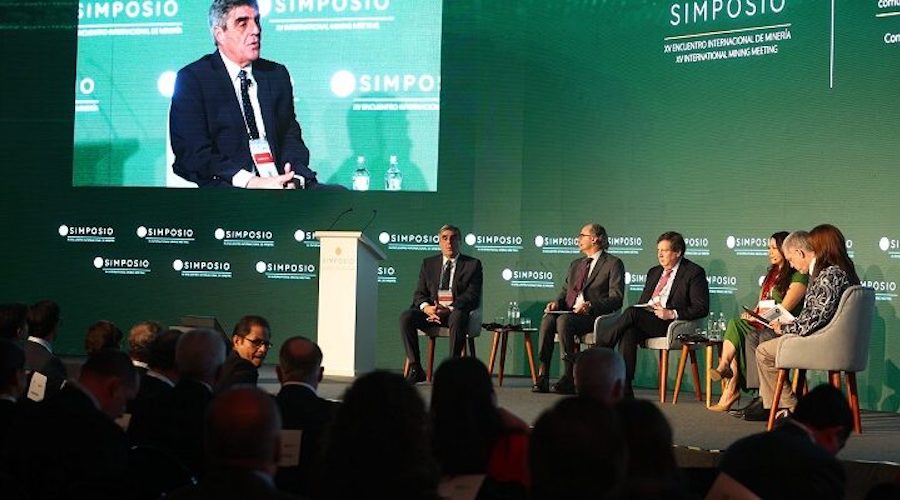So far, the Mining Investment Law stipulated that the provinces that adhere to it and that receive royalties or decide to receive them, would not be able to charge a percentage greater than 3% of the pithead value of the extracted mineral.
“Modifying this tool will have severe consequences on investor trust and the opposite effect of that sought to be promoted by the Large Investment Incentive Regime,” the media statement reads. “Our country already imposes a higher tax burden than those nations with which we compete for investments. The Argentine tax load is high and extremely regressive. Our country is facing an unparalleled opportunity to develop a strategic sector but the increase in royalties, far from being the immediate solution that some imagine to face the problems of the current economic context, could generate the opposite effect. More taxes, less competitiveness, fewer investments.”
According to CAEM, changes to the law may heavily impact active gold and silver projects, which are responsible for 70% of Argentina’s exports.
“Given the lack of new investments, in this segment, we mostly have mature deposits, whose operational costs continue to grow,” the release states. “Increasing their taxes will only shorten their life and, in consequence, tax collection will be lower, thus achieving the opposite result of the one we were looking for.”
In the Chamber’s view, the royalty hike would also halt or slow down expansion projects expected to go forward thanks to the RIGI, and impact lithium projects that are both operational and in the construction phase.
“The window of opportunity that the industry has right now does not accept alterations in the legal framework,” the communiqué notes. “Given that the sector is just being developed and our country has the largest number of lithium projects globally, changing the rules of the game would only discourage new investments.”




